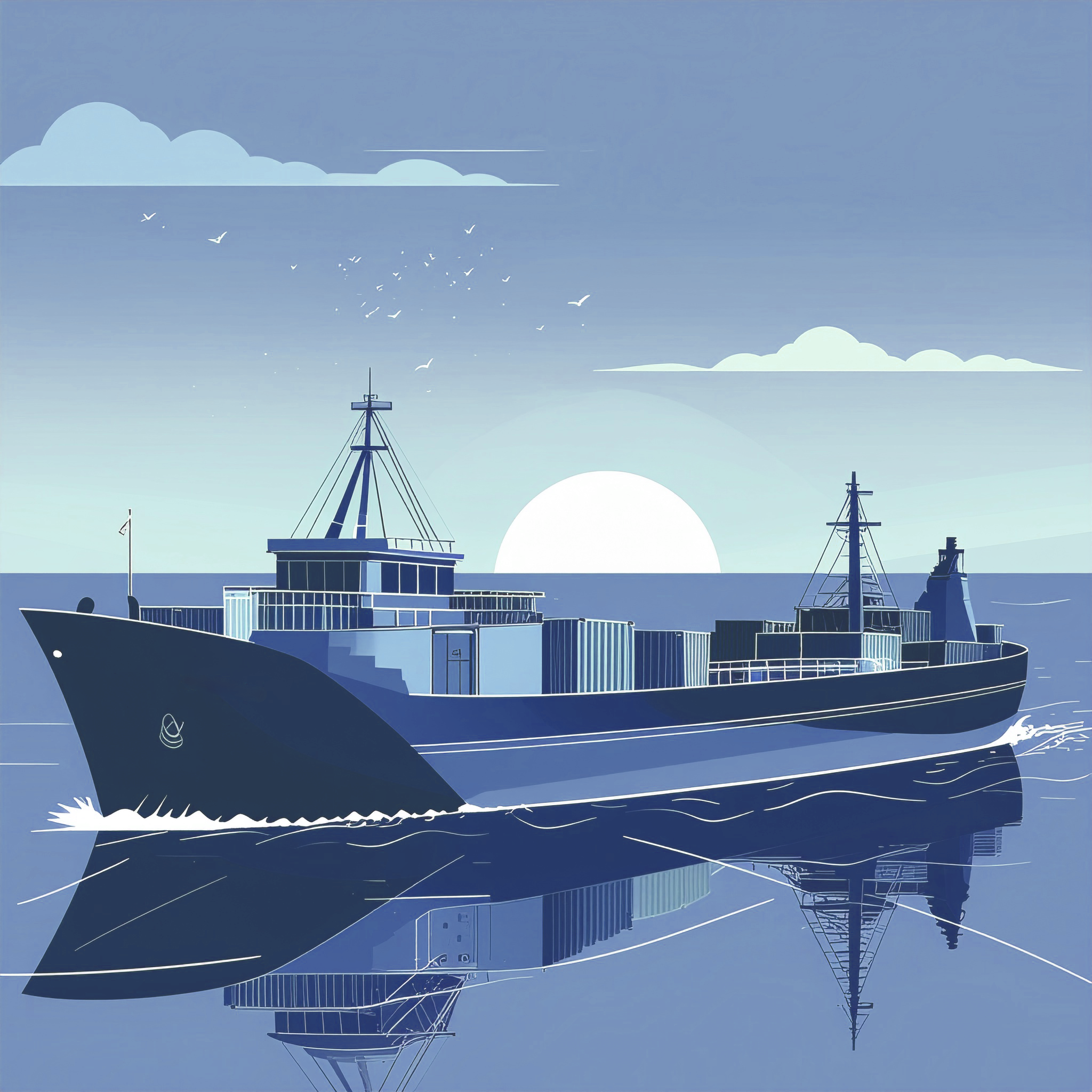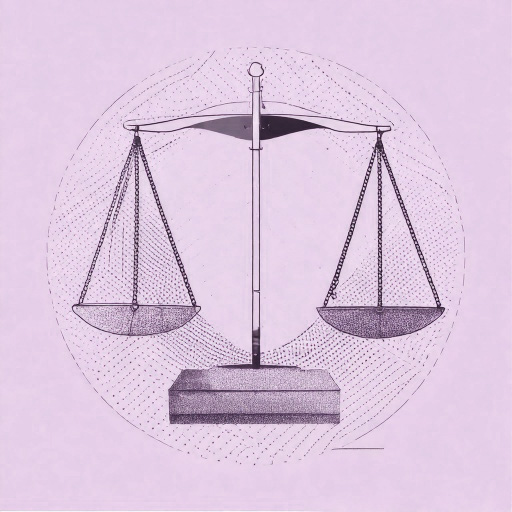EU Deforestation Regulation (EUDR) - What your company needs to know?
The European Union has adopted a new industry-wide regulation (2023/1115) to reduce deforestation and forest degradation worldwide. The regulation introduces important new obligations to ensure traceability and sustainability of the origin of the products it covers.
Who is affected?
Companies that import, export or sell products covered by the regulation (wood, cocoa, coffee, soya, oil palm, rubber, cattle) or their derivatives in the EU.
What should your company do?
Find out whether your products fall within the scope of the Regulation. Make a due diligence statement (DDS) of your products. DDS includes gathering accurate information on the origin of the products (including GPS coordinates),assessing the risks of deforestation and illegal activities and, if necessary, taking risk mitigation measures. Finally, submit the DDS to the EU-TRACES system before importing, exporting or selling the products.
When?
The sooner you start preparing, the better. The regulation will apply from 30 December 2025,with a transitional period for micro and small-sized enterprises until 29 June2026.
To whom does the EUDR apply?
At the customs clearance for imports and exports, the obligations are the same for all operators. In addition, large companies are subject to an annual public reporting obligation for all products they place on the EU market. Smaller companies are not subject to the public reporting obligation.
- A large enterprise is a company that exceeds at least two of the following three thresholds at the balance sheet date:
- a balance sheet total of more than €25,000,000
- a turnover of more than €50,000,000 or
- more than 250 employees.
- Smaller companies have lighter obligations and a longer transitional period.
What companies have to do?
Before placing a product on the market, companies must:
- Find out whether the product is covered by the regulation and if so:
- Make a DD-statement to certify that the products to be placed on the market are deforestation-free.
For the DD-statement, the company must:
- Gather information on the products and their origin, such as the date of production and GPS coordinates of the place of production,
- Verify that the products are deforestation-free and legally produced; and
- Carry out a risk assessment and, if necessary, implement risk mitigation measures.
Finally, the company must submit the DD-statement to the Commission's TRACES system before placing the product on the market, importing it into the EU market, or exporting it from the EU.
Customs clearance of the product is not allowed until DD-statement has been made. If the company does not provide the required information on the origin of the products, the company will not receive a DD-statement number, without which the products cannot be cleared, and they will be returned. Products are therefore not allowed to enter the EU market without providing the required information.
What are the consequences if a company does not comply with the Regulation?
Violations of the Regulation can lead to significant penalties. Companies may be fined, with legal entities facing fines of up to 4% of their annual EU-wide turnover. Authorities may also order the confiscation of products, or any income derived from them, impose a temporary ban on placing products on the market, and exclude the company from public funding for a fixed period. Repeated failures to comply may result in even stricter measures, such as a full ban on placing products on the market or exporting them.
Compliance with the EUDR is monitored by national authorities. In Finland, the competent authority for enforcement is the Finnish Food Authority, while Customs is responsible for monitoring the obligations related to imports and exports, suchas customs declarations and the use of the TRACES system.
To ensure compliance with EUDR, authorities will carry out checks and risk-based controls. Falsification of data —such as misrepresenting product origin— is strictly prohibited and punishable by law.
How can Sustashift help your company prepare for EUDR obligations?
Sustashift provides a software to help your company to:
- Gather and manage origin data efficiently and reliably
- Prepare and submit the required DD-statements to authorities and customers in a timely and secure manner.
- Monitor regulatory changes and update company processes to align with due diligence requirements
- Maintain consolidated information that can be stored and updated for the five years required by Regulation
Sustashift helps you maintain access to the EU market, avoid fines, operate in compliance and build a competitive advantage through sustainability.
Interested?
Contact Sustashift and together we can find out how we can help your business meet the obligations of the new EUDR and thrive sustainably in the future. Now is the right time to make sure your company is ready for the EUDR obligations on time!














